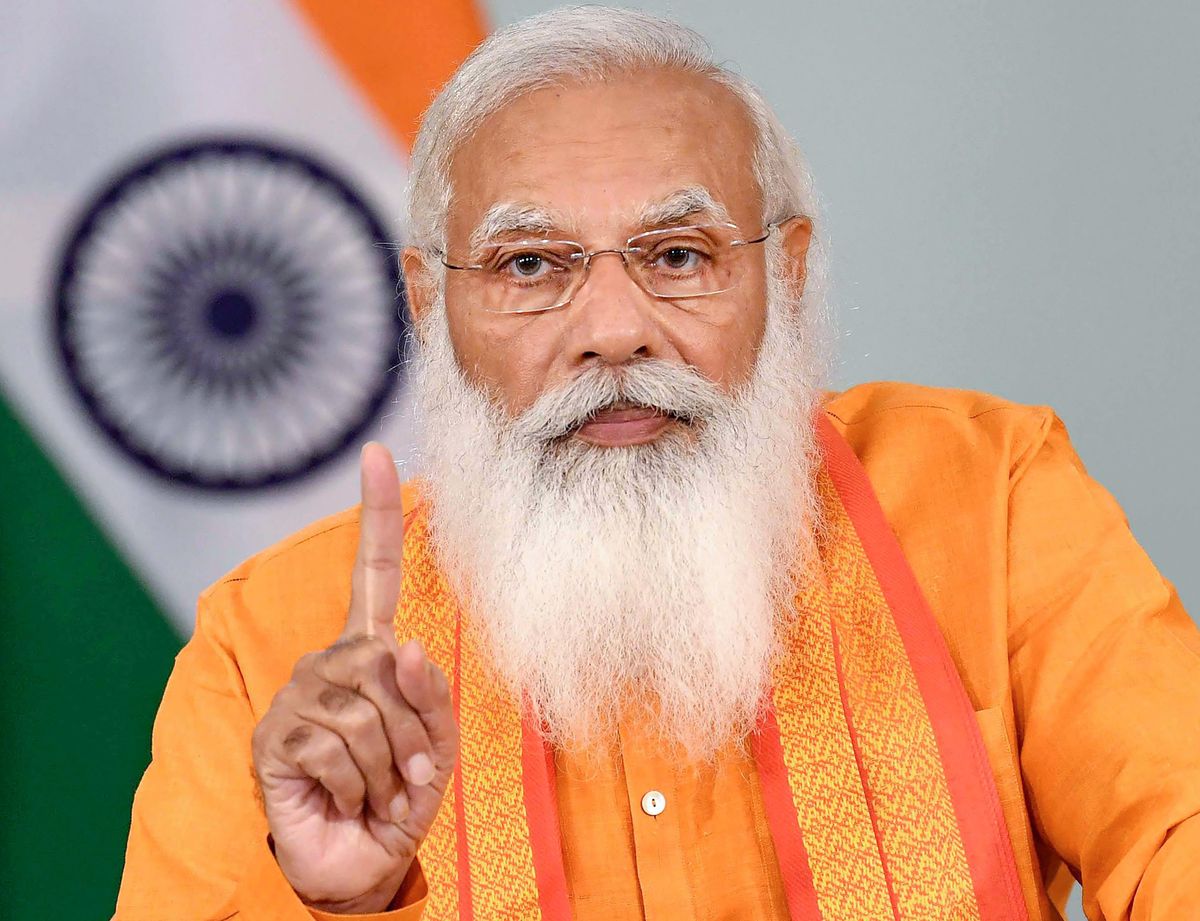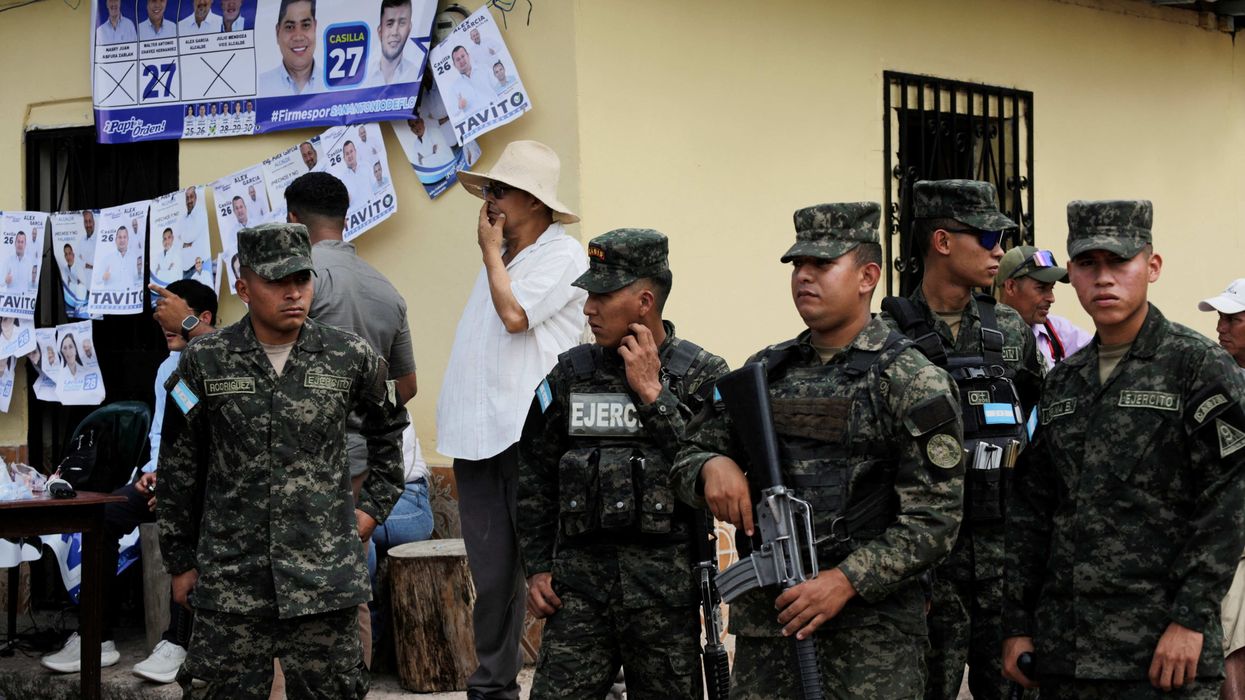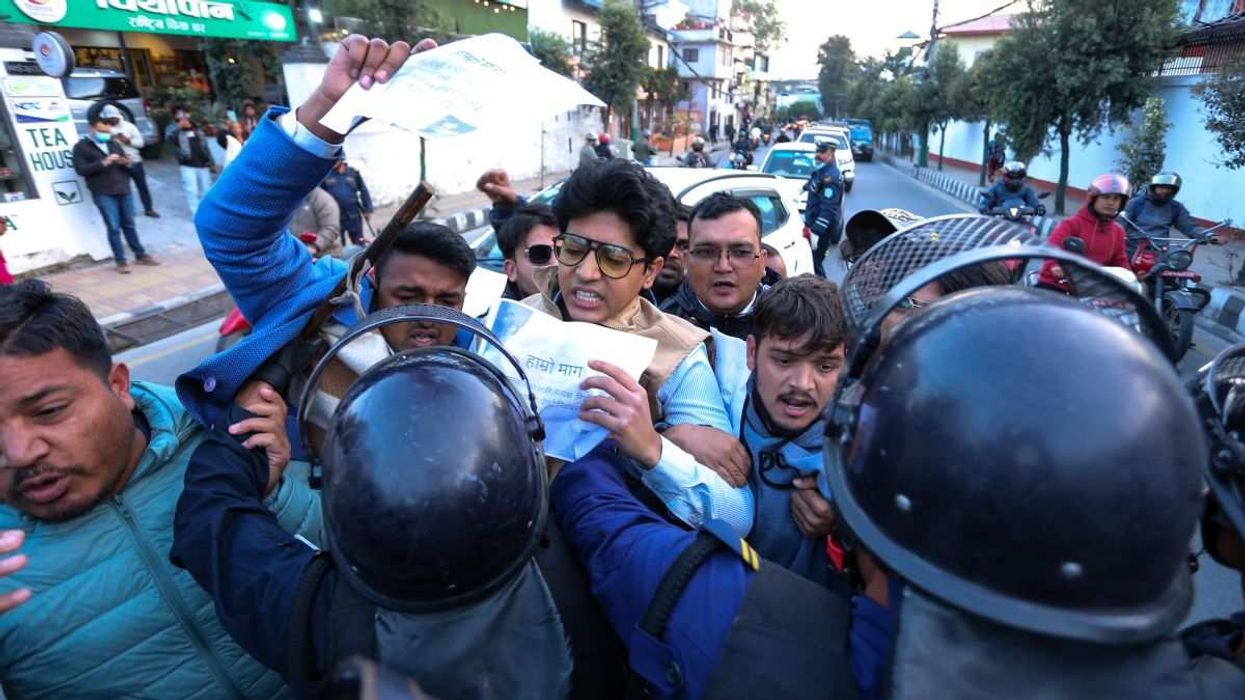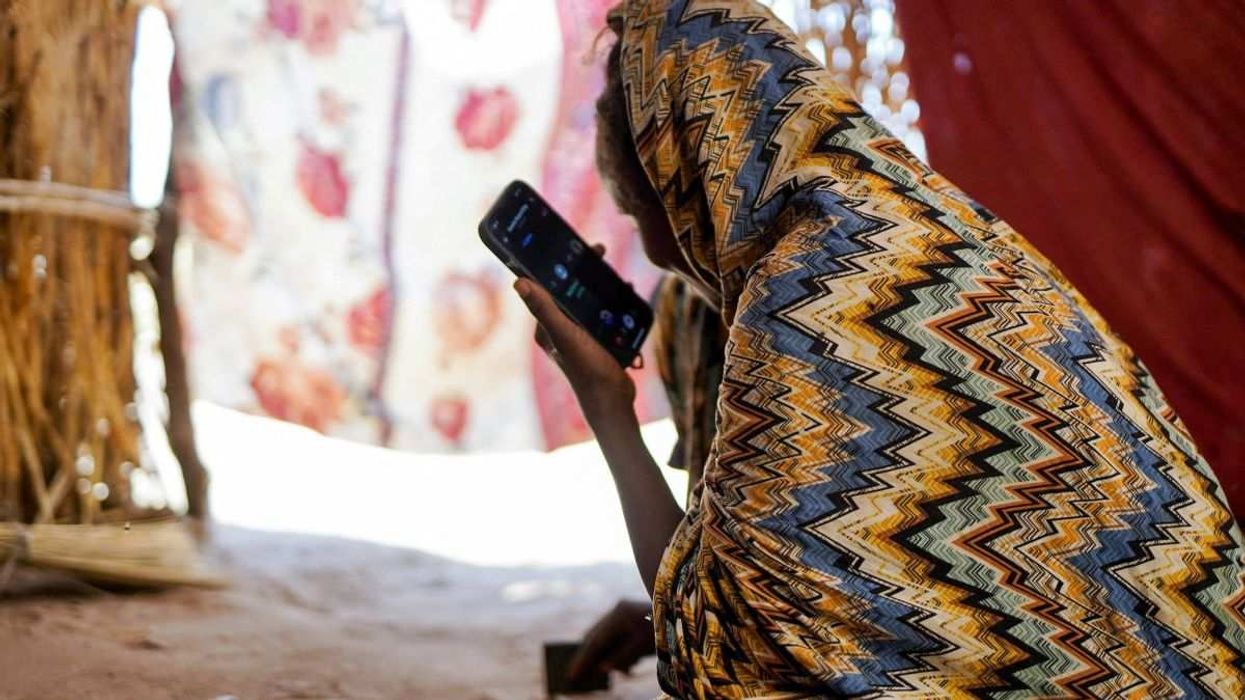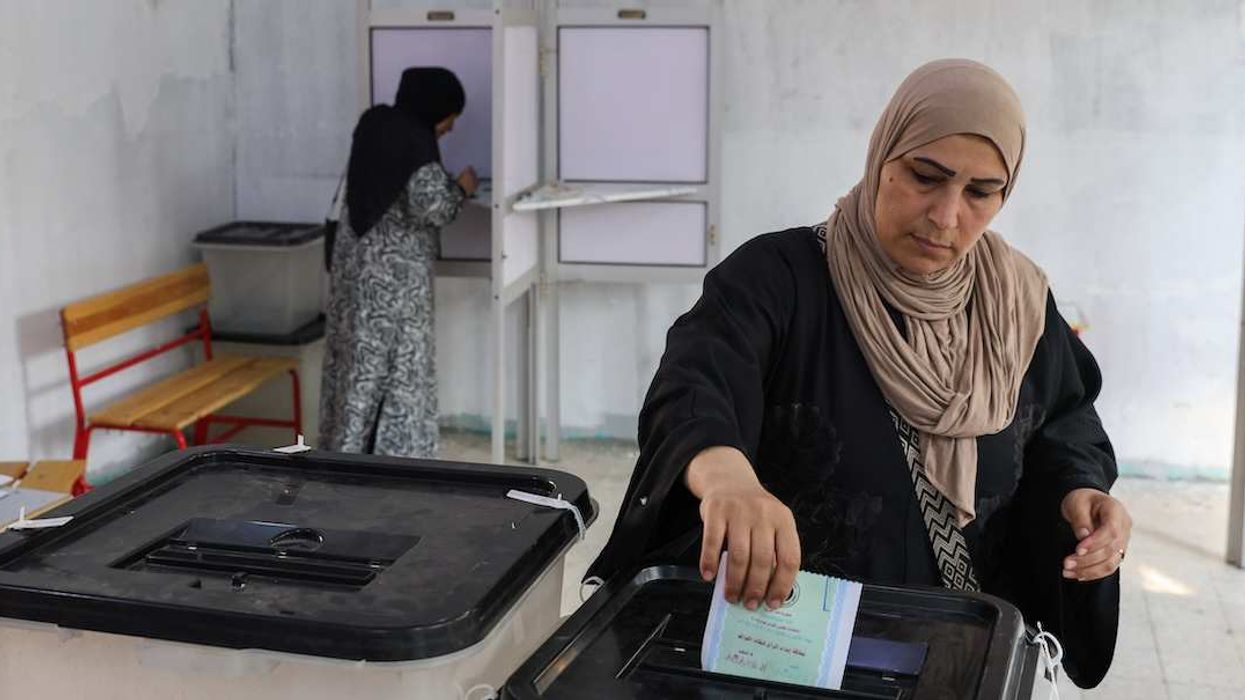Modi's makeover: After weathering months of criticism over his disastrous (mis)handling of the pandemic, Indian Prime Minister Narendra Modi on Wednesday undertook the biggest government reshuffle since he came to power seven years ago. At least a dozen cabinet ministers are out, including Harsh Vardhan, the health minister widely criticized for the devastating second wave of COVID infections that tore through the country earlier this year while India — the world's largest producer of vaccines — was unable to roll out jabs for its own people fast enough. The ministers of environment, education, and IT are also gone, and the new cabinet nearly triples the number of female ministers to 11. The move is a rare course correction for Modi, whose otherwise buoyant approval rating had plummeted nearly 15 points (to 63 percent) between January and June. India's economy is expected to roar back with 12.5 percent growth this year, but still barely 5 percent of the population is fully vaccinated.
Iran's metal moves: Iran has started producing metals that contain enriched uranium which, experts say, can be used to make the core of an atomic bomb. The move comes right as Tehran and Washington are still embroiled in efforts to revive the 2015 Iran nuclear deal, which the Trump administration walked away from in 2018, re-imposing crippling sanctions on Iran. Ever since then, the Iranians have been increasingly violating the terms of that deal, which imposed strict limits on their uranium enrichment and production. This latest move is doubtless a tactical ploy by the Iranians to try to get a better deal with the Americans. But the US has called it a "step backward" that will further undermine already cratered trust between both sides.
Ortega's crackdown continues: Nicaragua's strongman President Daniel Ortega is clearing the decks ahead of his re-election bid this fall, and doesn't appear to give a damn what the outside world has to say about it. In the latest move in a month-long crackdown on his opponents, authorities this week arrested six more opposition figures — including yet another presidential contender — under dubious "treason" laws. Ortega's men have now jailed nearly 30 prominent opposition figures since the crackdown began last month, including 6 people considered viable opponents in the November election. In mid-June, the Organization of American States condemned Ortega's actions in a statement led by the US. It evidently didn't have much effect. Now the EU is threatening, very scarily indeed, to "study more concrete actions" against the tiny Central American country's government. Does Ortega seem fazed? Let's find out.
